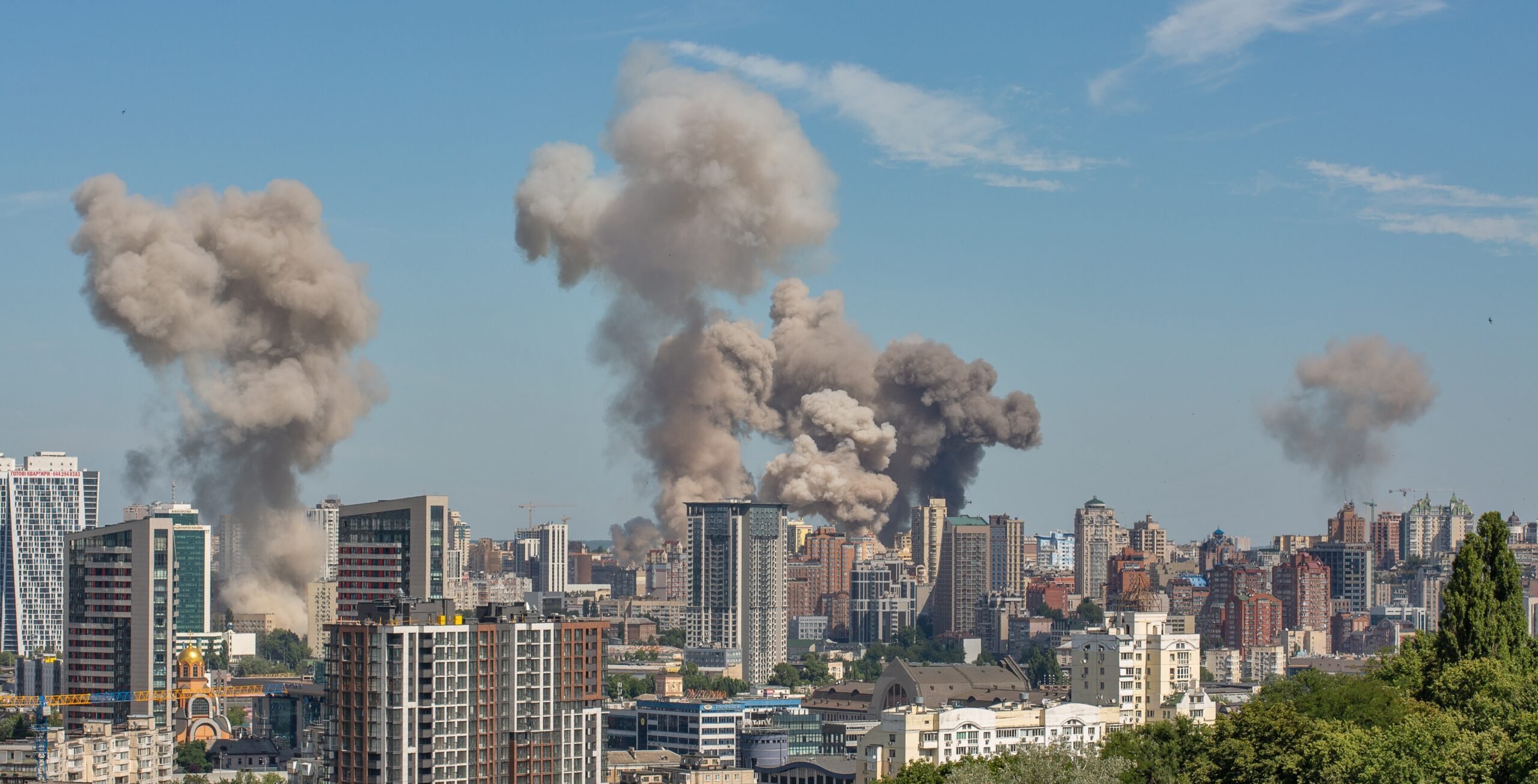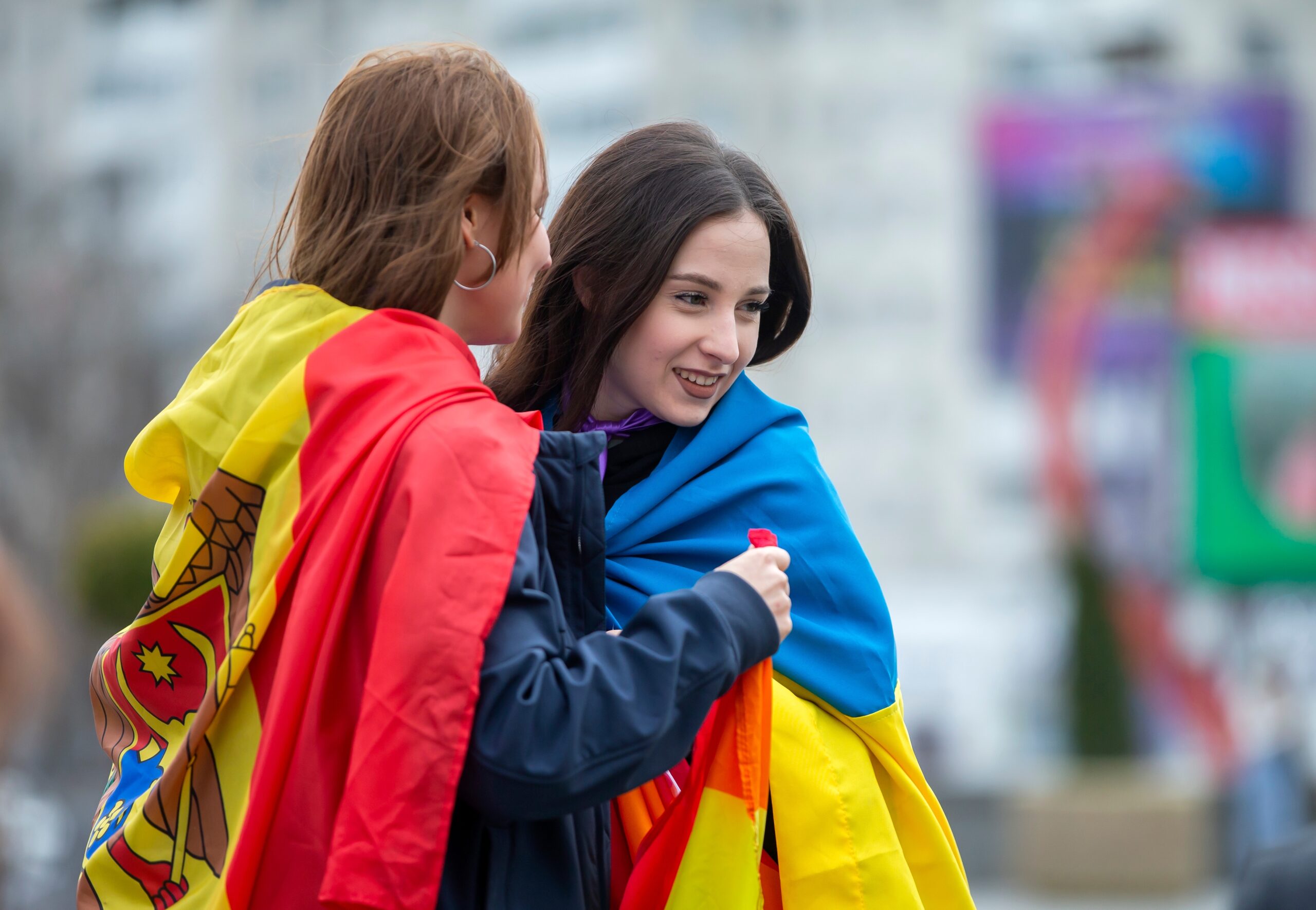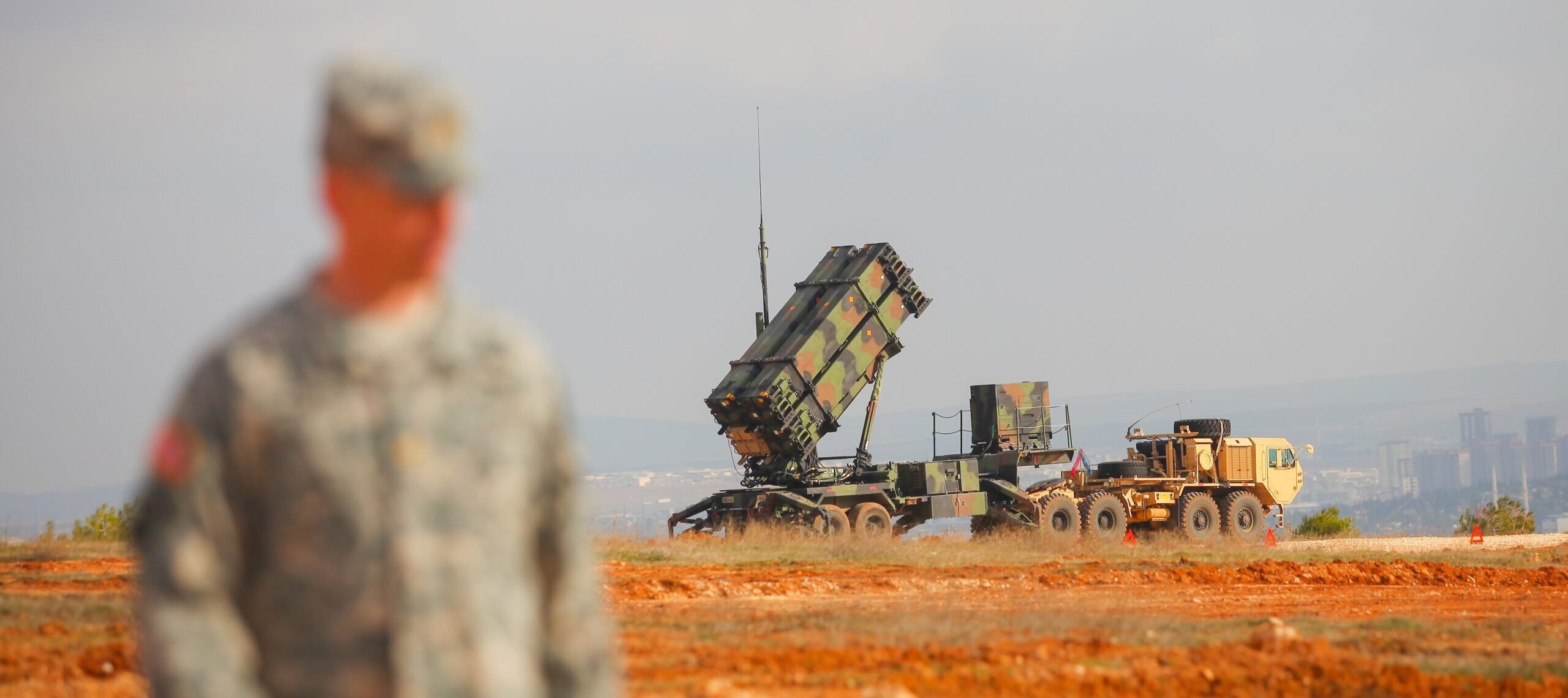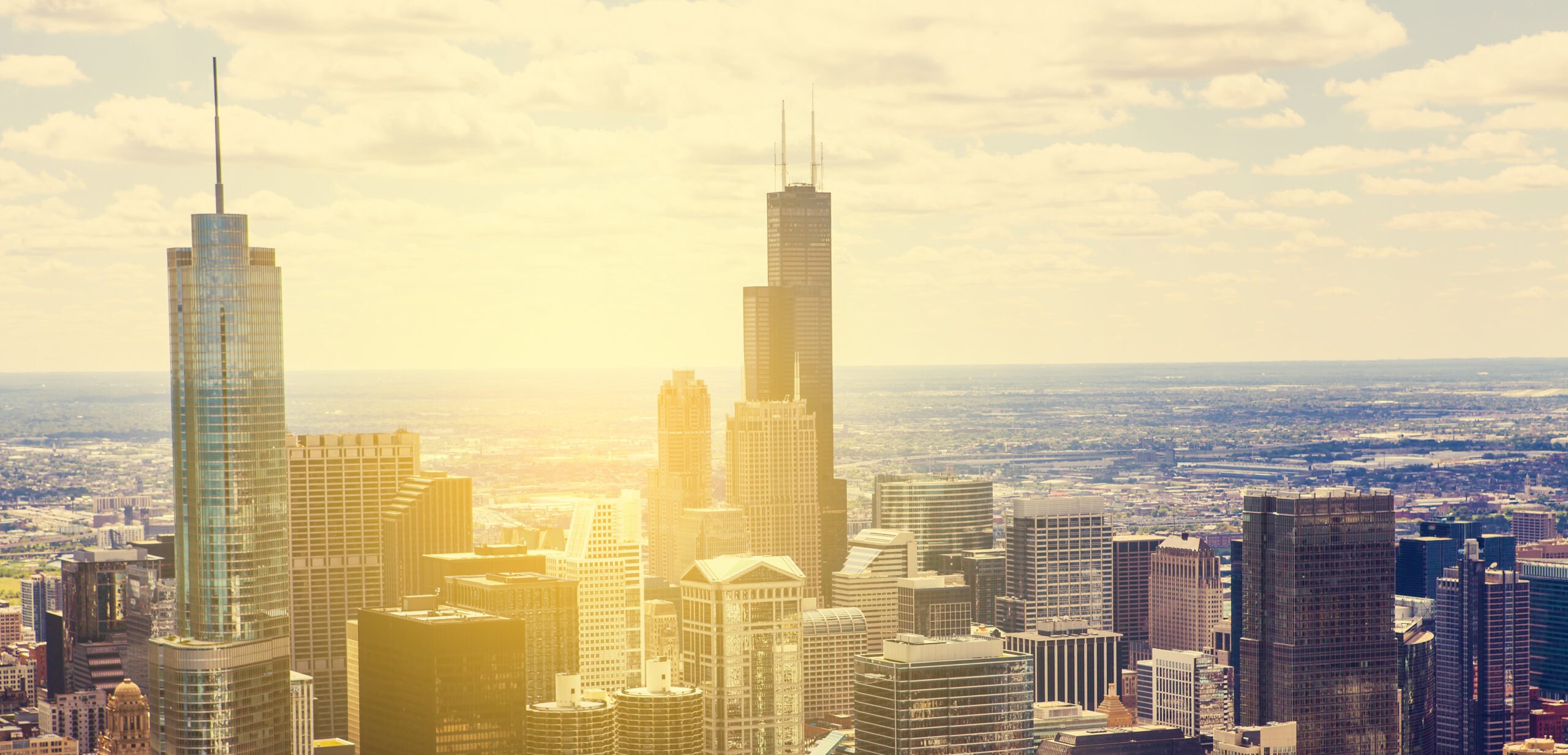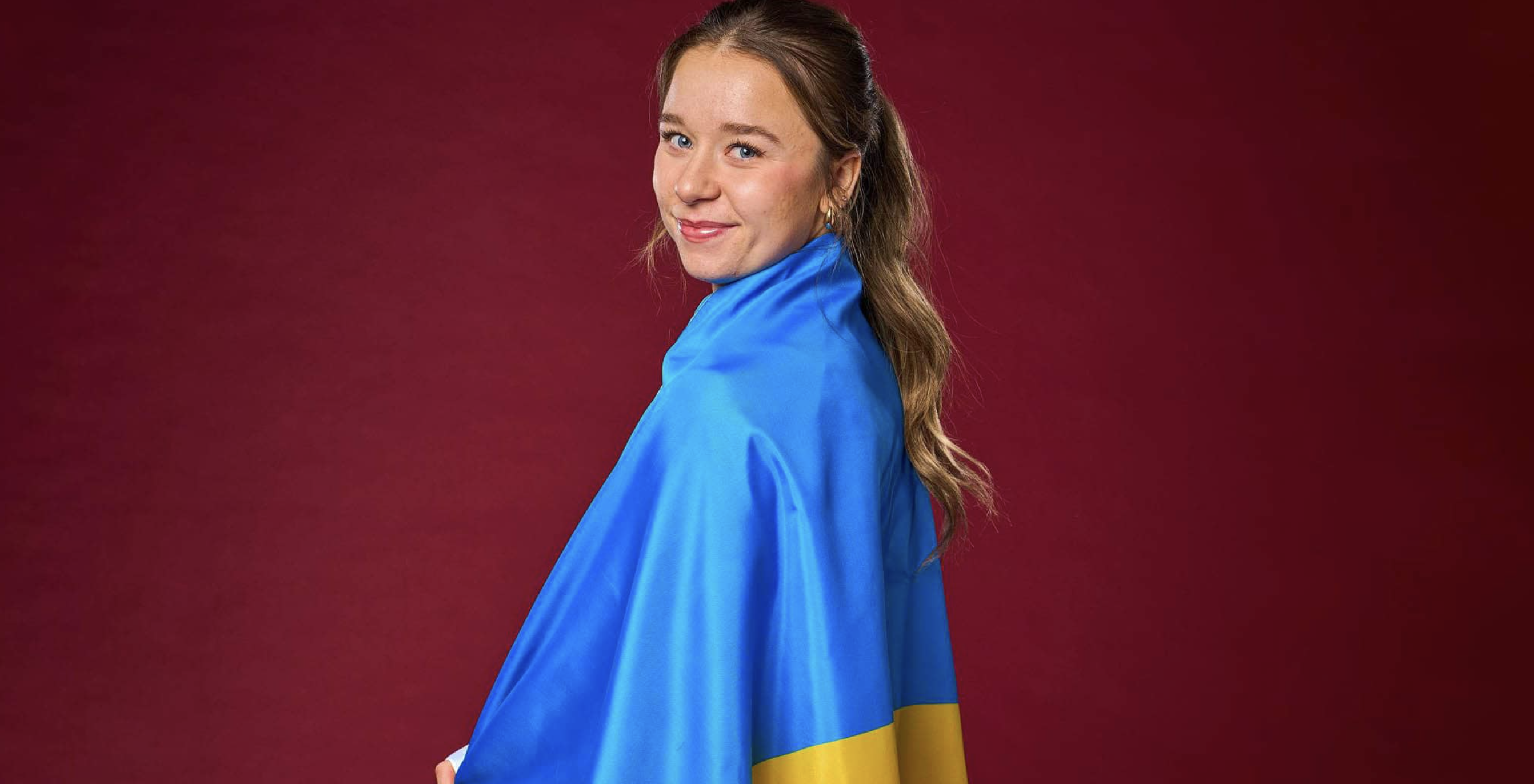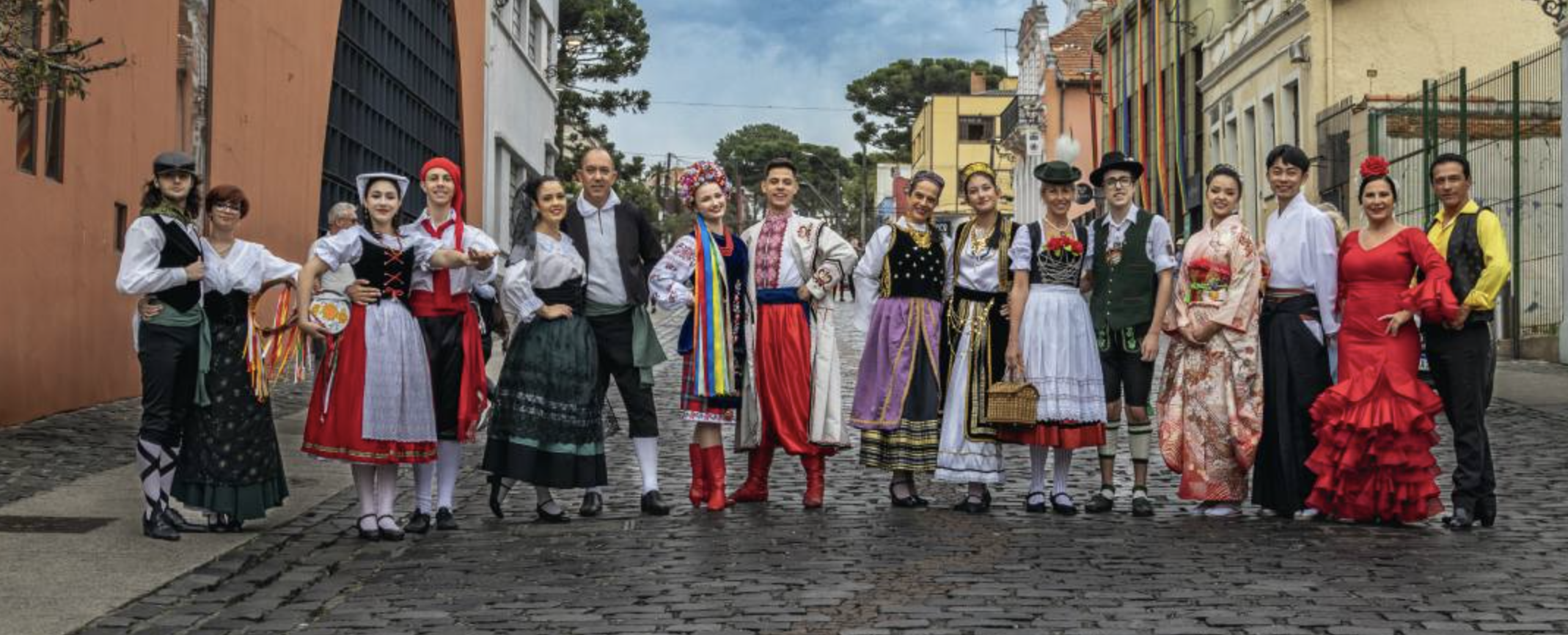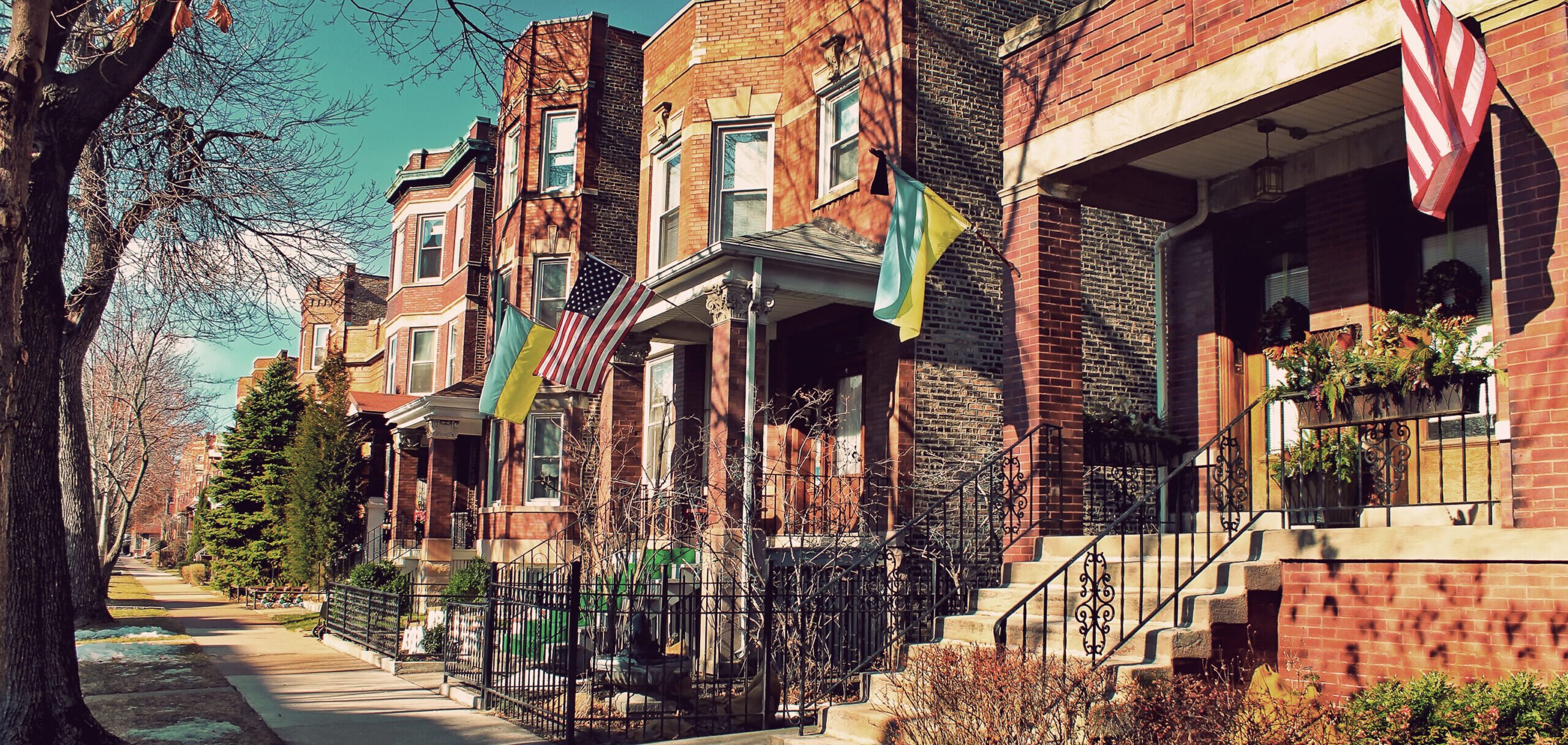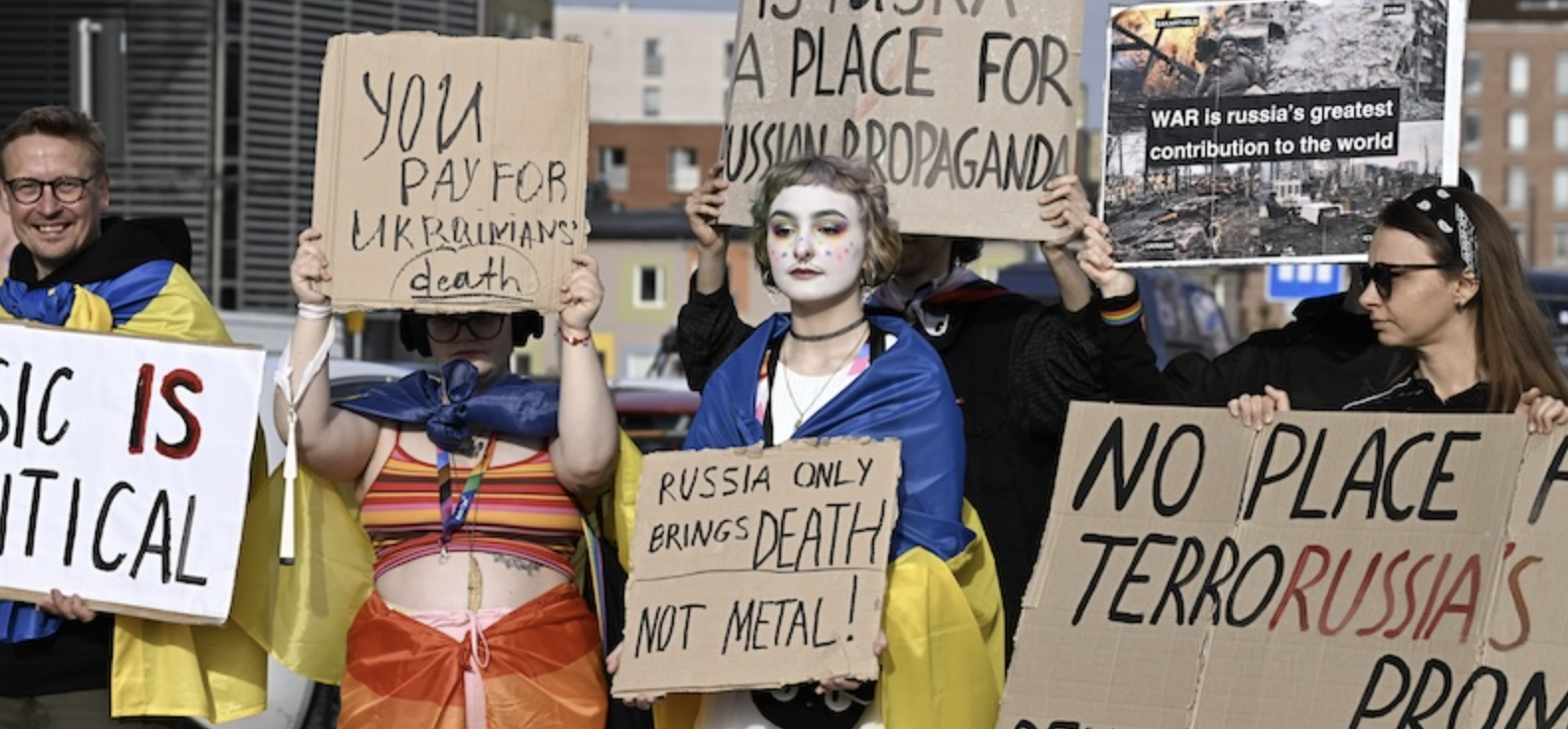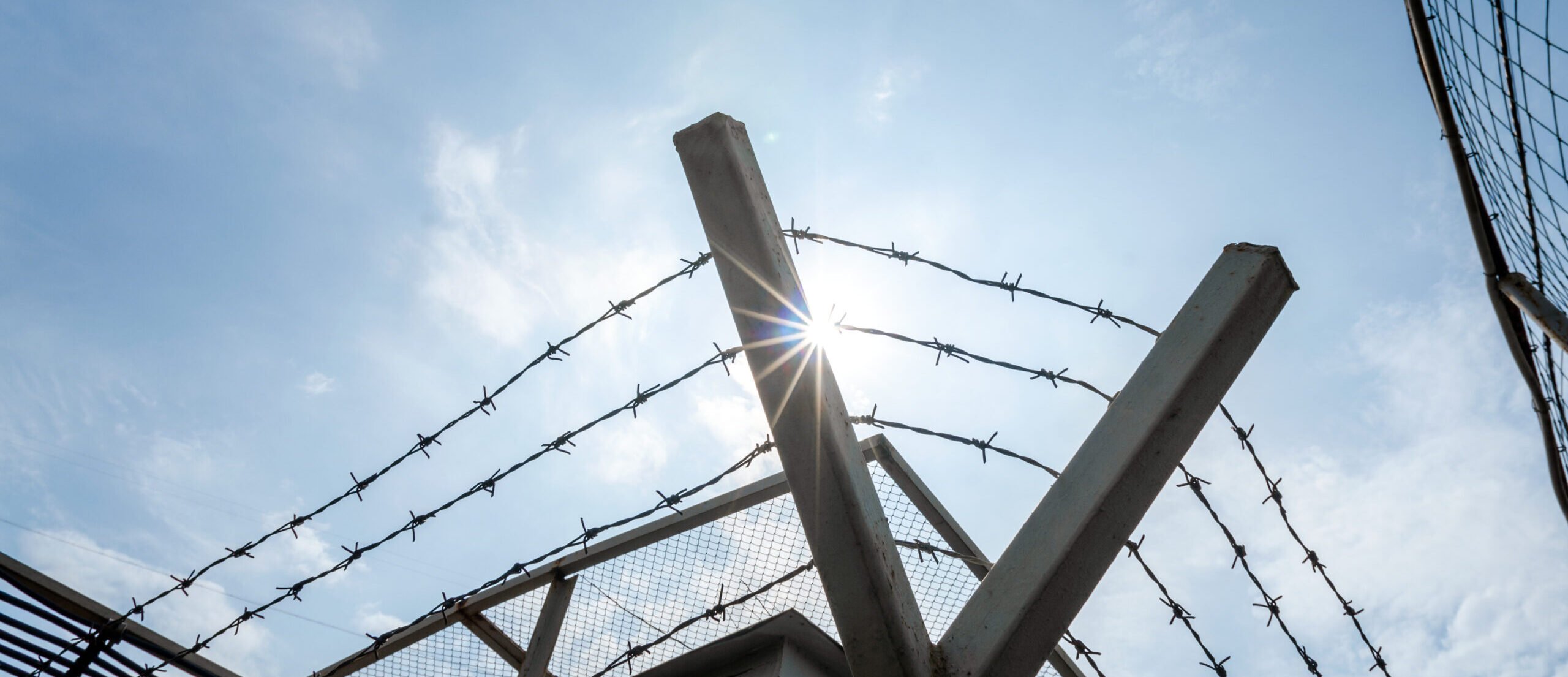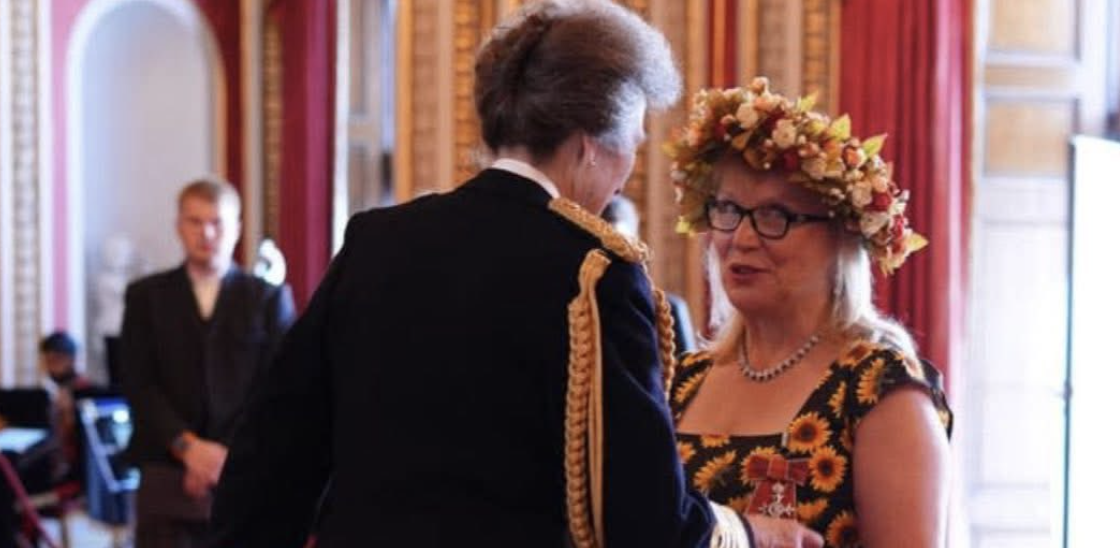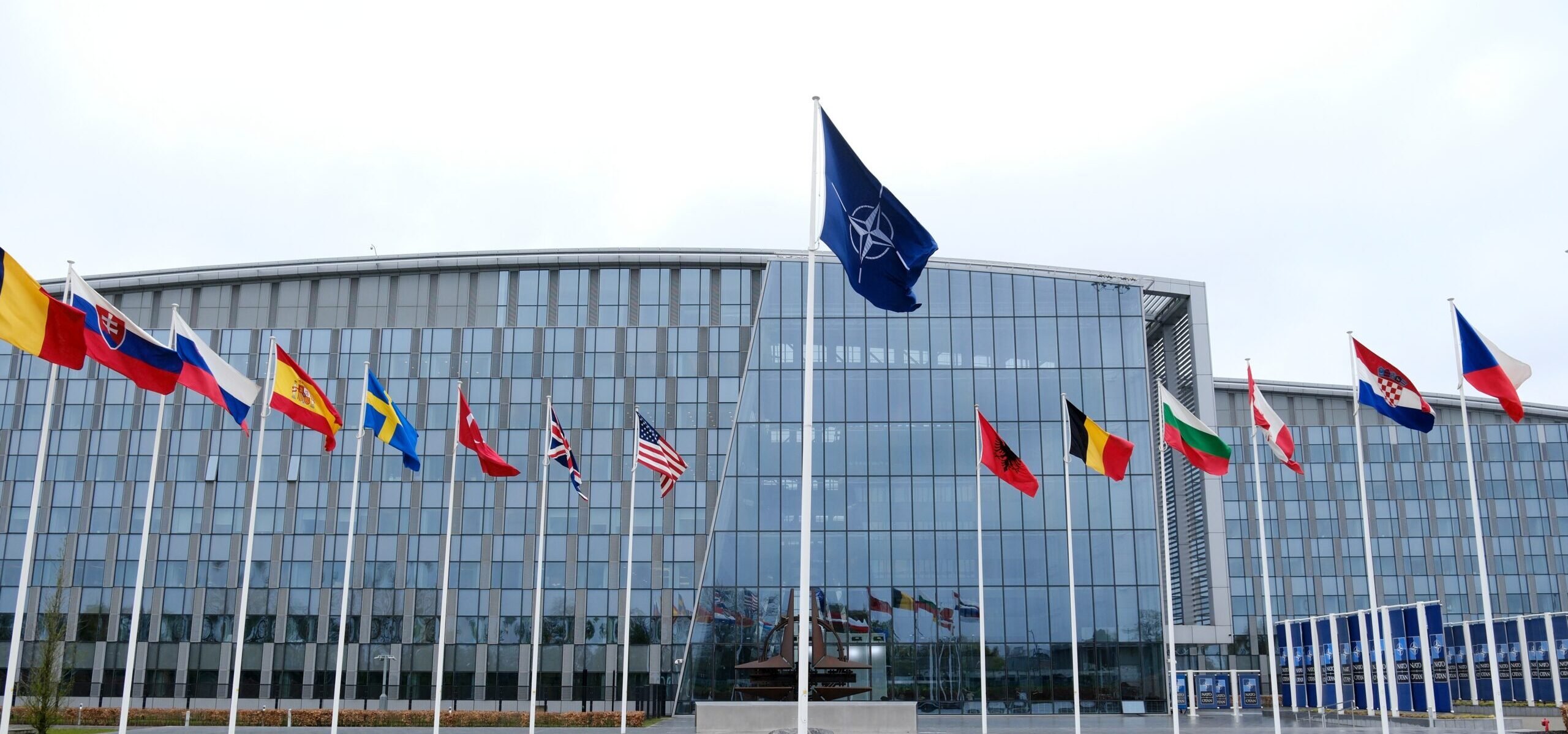
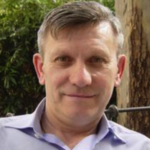
by Yuri Chopyk, Head of the Ukrainian community of Spain for the Rights, Honor, and Dignity of Ukrainians
Speaking about the current global political landscape, I want to return to Victor Hugo’s words at the Paris Peace Conference in 1849: “A day will come when you … all you nations of the continent will merge … in a close and higher unity to form a European brotherhood. … A day will come when we shall see … the United States of America and the United States of Europe, stretching out their hands across the sea.” A hundred years later, in Washington, the North Atlantic Treaty was signed with a desire to live in peace with all peoples, uphold the principles of freedom and democracy as proclaimed in the UN Charter. Ahead of the NATO Summit and celebrating the 75th anniversary of NATO’s creation, we declare and defend these same ideas with a stronger organization that forms the foundation of stability and international security.
This strength and unity began with Russia’s invasion and war against Ukraine on February 24, 2022. Before this date, NATO was not so decisive; from 2008 until Russia’s invasion of Ukraine in 2014, cooperation continued in training and consultations, assistance in various projects, Ukraine’s participation in military exercises and missions in Bosnia, Kosovo, and Afghanistan. Convergence progressed from both sides, and NATO maintained bilateral relations, also improving Ukraine’s tactical and strategic defense capabilities. But the war transformed the Alliance, strengthening its defense capabilities, increasing arms production and defense orders, and changing military doctrines and ways of responding to threats from Russia.
This strength and unity are beginning to crack in the third year of the war, following the European Parliament elections and possibly in France, with political activism by Orbán, Fico, and well-structured Russian propaganda gaining traction in Europe. Therefore, diplomats or state officials must listen to the advice of Kurt Volker, former US Special Representative for Ukraine Negotiations and Permanent Representative to NATO: “The absence of Western unity and determination to support Ukraine and Georgia, with a clear signal of membership in the Alliance, gave Putin the opportunity to unleash a large-scale war without global consequences for Russia. It is not true that NATO expansion provokes Putin to attack; he attacked Georgia and Ukraine, as well as holding an occupied part of Moldova.” These words resonate with Wolfgang Ischinger, Chairman of the Munich Security Conference: “The NATO 2024 Summit has a central mission. To demonstrate to Putin that Russia will not have any chance of gaining a foothold in Ukraine and that the Alliance will support Ukraine’s sovereignty and territorial integrity.” And this mission—an invitation to Ukraine to NATO. Why?
Ukrainians living in Spain are tuned in that Ukraine’s future will be European and that NATO will be stronger with Ukraine. Since the end of World War II, the European project and the North Atlantic Alliance have shown that countries can emerge from the worst crises and wars and become democratic and successful societies. Ukraine’s invitation to this summit is a signal to the axis of evil that helps Russia, with clear answers:
- Ukraine is capable of being a powerful contribution to NATO security: the most battle-ready army with real-war experience in hybrid conditions.
- Inviting Ukraine to join NATO is a way to end the war.
- Alliance expansion does not provoke Russia; instead, it underscores NATO’s unity and strength (such as Finland’s and Sweden’s accession). Russia only understands the language of power.
- Ukraine is reforming and approaching NATO membership criteria. The invitation will only accelerate and systematize this process.
We Ukrainians have no illusions about the difficult task ahead of us and know that a day will come when together we will create a better, safer world at the heart of the European Union.
Cover: Shutterstock
